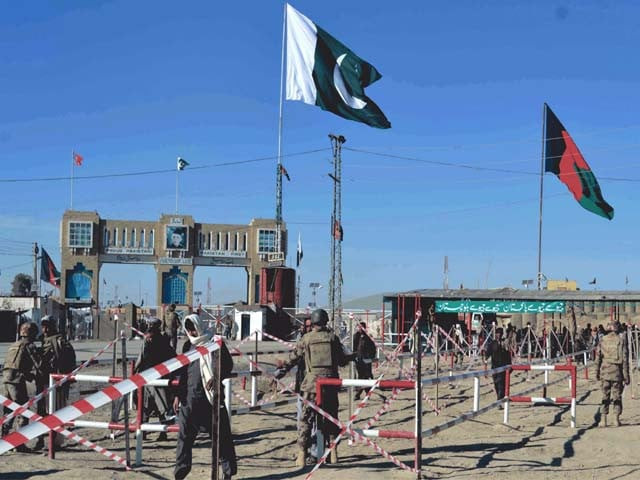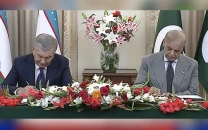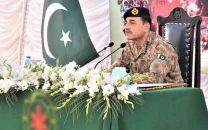Afghan conundrum baffles policymakers
Officials say Islamabad keen to sort out issues through diplomatic and relevant channels

Pakistan is weighing its options to deal with the resurgence of terrorism with a focus on how to ensure that the Afghan interim government fulfils its promises, people familiar with the development have said.
It is evident from background discussions with the relevant quarters that Pakistan is increasingly frustrated over the lack of cooperation from the Afghan Taliban in tackling the growing threat posed by the banned Tehreek-e-Taliban Pakistan (TTP).
The deadliest attack in Peshawar in a decade has shaken the country’s policymakers and sent shockwaves among the public who fear the return of dark days of the war on terror. While Pakistan contemplates options, what is known so far is that the country’s decision-makers have limited choices in dealing with the Afghan Taliban.
“We do have certain leverages. But frankly [speaking] using those leverages will only exacerbate the problem,” said an official, while requesting anonymity, on Wednesday.
Unlike other attacks, the banned TTP has denied its involvement in the suicide bombing at a mosque in the Peshawar Police Lines though one of its commanders initially did take the responsibility. Observers believe that it was possible that the TTP retracted the statement or did not own the Peshawar attack because the Afghan Taliban publicly condemned that Police Lines incident.
The TTP in order to avoid any backlash from the Afghan Taliban might have not taken the credit, according to observers. Otherwise, the TTP footprint was written all over the place. The Police are also looking into what they called “rogue” elements within the TTP for carrying out the attack.
Nevertheless, Pakistan is convinced that whichever group might be behind it, one thing is certain that these outfits have safe havens across the border in Afghanistan. “To eliminate those ‘safe havens’ is a real challenge for the decision-makers in Pakistan,” admitted official sources.
The other worry for Pakistan is that the Afghan Taliban have now publicly taken a position that the TTP is an internal problem of Pakistan and that the Afghan soil is not being used. Acting Afghan Foreign Minister Amir Khan Muttaqi on Tuesday said that Pakistan shouldn’t put the blame for the explosion on a mosque in Peshawar on Afghanistan, according to the Afghan media.
Muttaqi claimed that there was no terrorist base in Afghanistan and the county’s soil will not be used against other countries. “We ask Pakistan’s ministers to not throw the snow of their own roofs onto the roofs of others. They should consider their problems in their own country. We advise them to look into the Peshawar explosion in great detail,” Muttaqi added.
The acting foreign minister asked Pakistan to carefully investigate Monday’s explosion and cooperate with Kabul instead of criticising it. “Someone says that Afghanistan is the centre of terrorism – but you say that terrorism has no borders. If terrorism existed in Afghanistan, it may then spread to China, Tajikistan, Uzbekistan, Turkmenistan, and Iran. Today, when they are secure, Afghanistan is also secure and it appears that it does not exist here,” Muttaqi continued.
But a Pakistani official contested the Afghan acting foreign minister’s claim. The official said that it was not just Pakistan but also the other countries as well, as the UN reported the presence of terrorist sanctuaries on the Afghan soil.
The official said Pakistan was still keen to sort out issues through diplomatic and relevant channels but there were certain red lines that the country would not allow anyone to cross.



















COMMENTS
Comments are moderated and generally will be posted if they are on-topic and not abusive.
For more information, please see our Comments FAQ